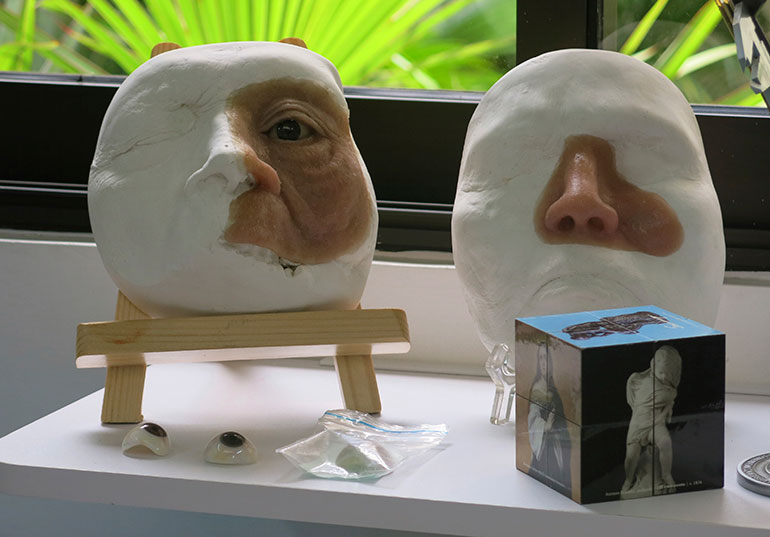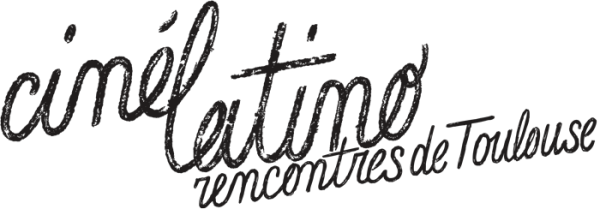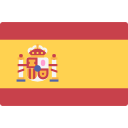- Direction
- María Isabel Ospina, Iñès Compan
- Country
- France
- Type
- Documentary
- Original title
- Après les armes
- Scenario
- María Isabel Ospina, Iñès Compan
María Isabel Ospina, Iñès Compan
Filmography
Maria Isabel Ospina
Hecho en Villapaz (2014 – 53’) Production : Le Lokal / Fosfenos Media / TL. Panorama du cinéma colombien à Paris – Audience award. 2014 / Festival Biarritz Amérique latine. 2014 / MIDBO, Muestra Internacional de Documentales, Bogota, Colombia – national competition, Señal Colombia TV award, Centro Atico Javeriana University award. 2014 / Festival de cinéma de Douarnenez. 2015 Y todos van a estar (2009 – 52’) Production : TAT productions / Petit à petit production Festival Filmar en América Latina, Geneva, Swiss / International Documentary Film Festival Thessaloniki, Greece/ Festival Internacional de Cine Documental de Quito, Ecuador / Colombian Cinema Showcase, Los Angeles, USA
Iñès Compan
A cielo abierto (2010 – 94’) feature length documentary. Production : Mosaïque Films / Le Hamac Rouge / Wide Management Rencontres Cinémas d’Amérique Latine (Toulouse) / Human Rights International Festival, Mexico / International Film Festival, Bombay / Festival Filmar en América Latina, Geneva Du vent dans le voile (2002- 52’) Co-Production : KProduction / TVCannes FIPA d’Argent “grands reportages et faits de société” award, Biarritz 2003 / International Festival Film and Forum on Human Rights, Geneva / Festival des 3 Mondes, Montréal / Mostra Internationale Films de Dones, Barcelona
Note of intent
While new fighters keep appearing on the world’s chessboard, Colombia, which hosts the West’s oldest guerilla, has become an outlier by starting a peace process. It is on this country that both our gazes will converge: that of a Colombian director who has always known her country at war, and that of a French director who has never known war in her own country. We will question this process, because peace has to be created — it isn’t naturally born of the void left by the war.
Synopsis
In 1964, Colombian farmers took up arms and joined the resistance in the jungle, thus giving birth to the FARC. 50 years later, the guerillas surrendered and started a peace process in order to end a conflict that has caused 260 000 deaths and has displaced 6.9 million people.
We look at the transition from war to peace through the prism of reconstruction, based on three stories: that of former guerillas and paramilitaries who try to return to civil society; of a prosthetist who rebuilds faces that were destroyed in the war; and of displaced farmers who come back to their land, hoping to make a living out of lawful cultivation.
The film yearns for this era to be that of a new, more serene face for the country. But conservative political parties, important landowners, drug traffickers and multinational corporations are still present in the background…
Visual concept
From intimate to collective wounds, from the reconstruction of the physical body to that of the social body, this film will be built little by little, through pieces of stories that will echo each other. This mirror effect will act as a kaleidoscope and allow us to paint a portrait of Colombia in these post-conflict times. There are three settings: the urban jungle of Cali; the rural zone of Cauca (one of the epicenters of the armed conflict); and the prosthesist’s workshop, which will favor a symbolic and surrealist treatment. The film hinges on the present tense, following the dramaturgy of the characters’ reconstruction, and constantly looking to the future. But the past will be called in too, through people’s accounts and archives, so as to measure the extent of the reconstruction work to be done.

- Objectives sought in Films in Development
Looking for coproductions, broadcasters
- Shooting planned date
2017/2018
- Planned shooting location
Colombia (Cali and Cauca region)
- Project's development phase
In re-writing / in development
- Production
- Production Talweg
- Producer's biography
Vincent Gazaigne has worked in documentary production for over ten years. He has produced 20 documentaries on historical, cultural and societal themes. He worked for 5 years with Kuiv production, a company well known for its historical documentaries, and later with la Générale de production. Simultaneously, he teaches in universities and he is now a member at the Fondation Gan pour le cinéma.

























